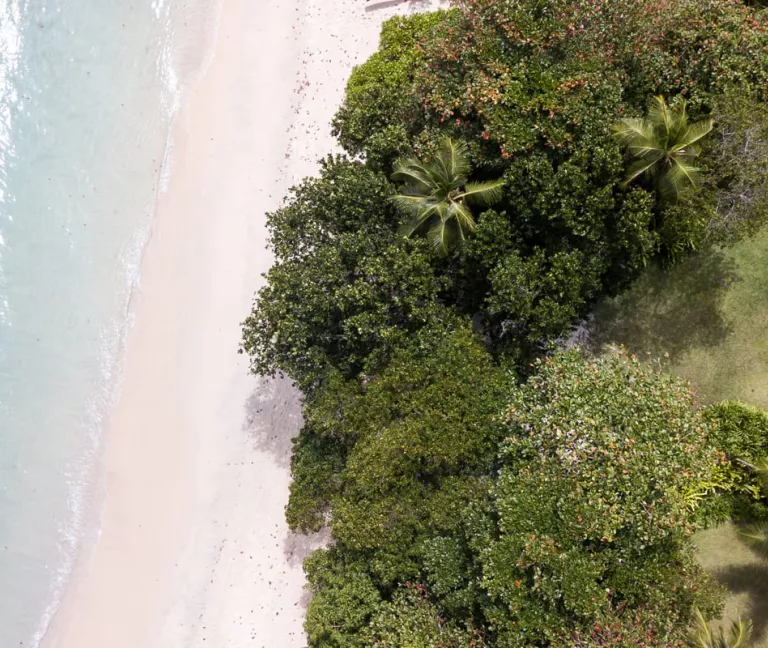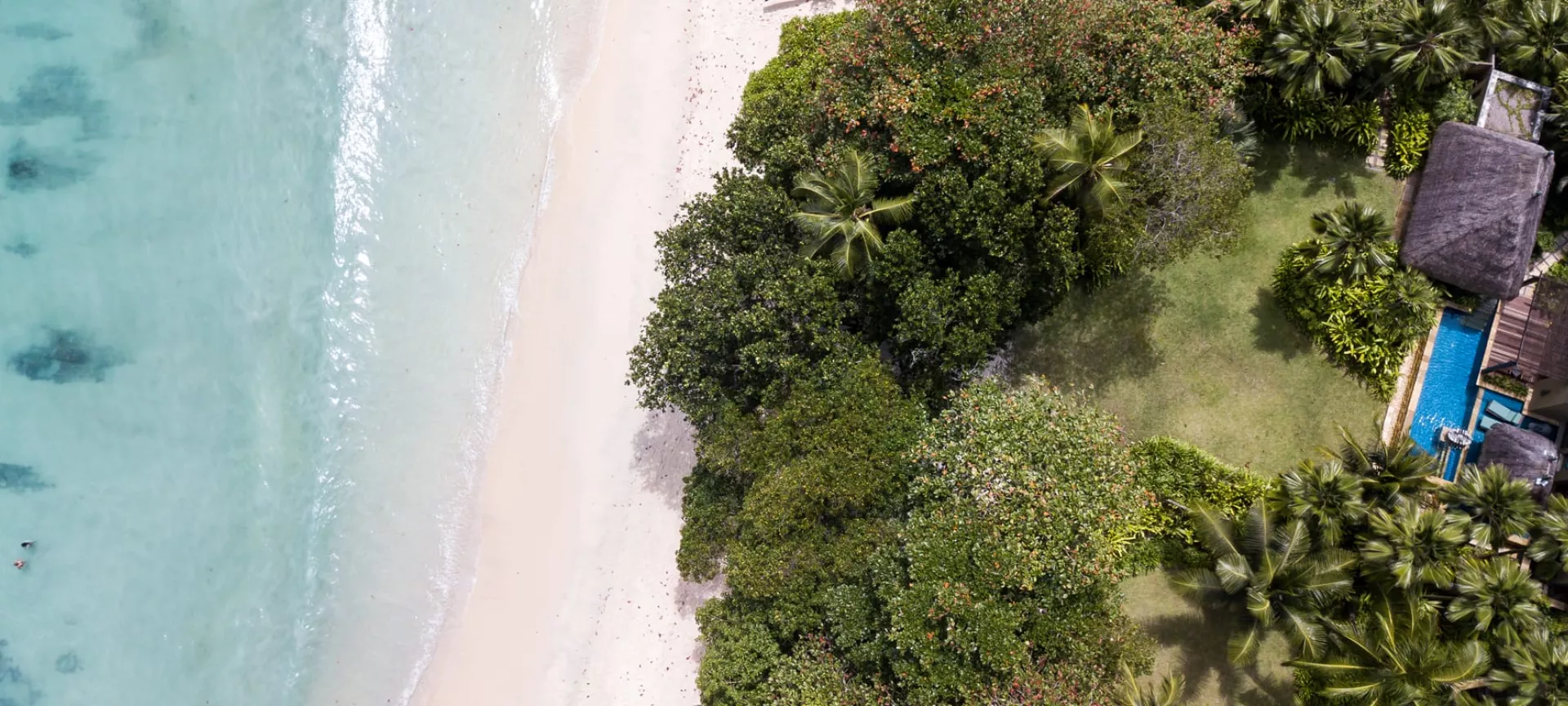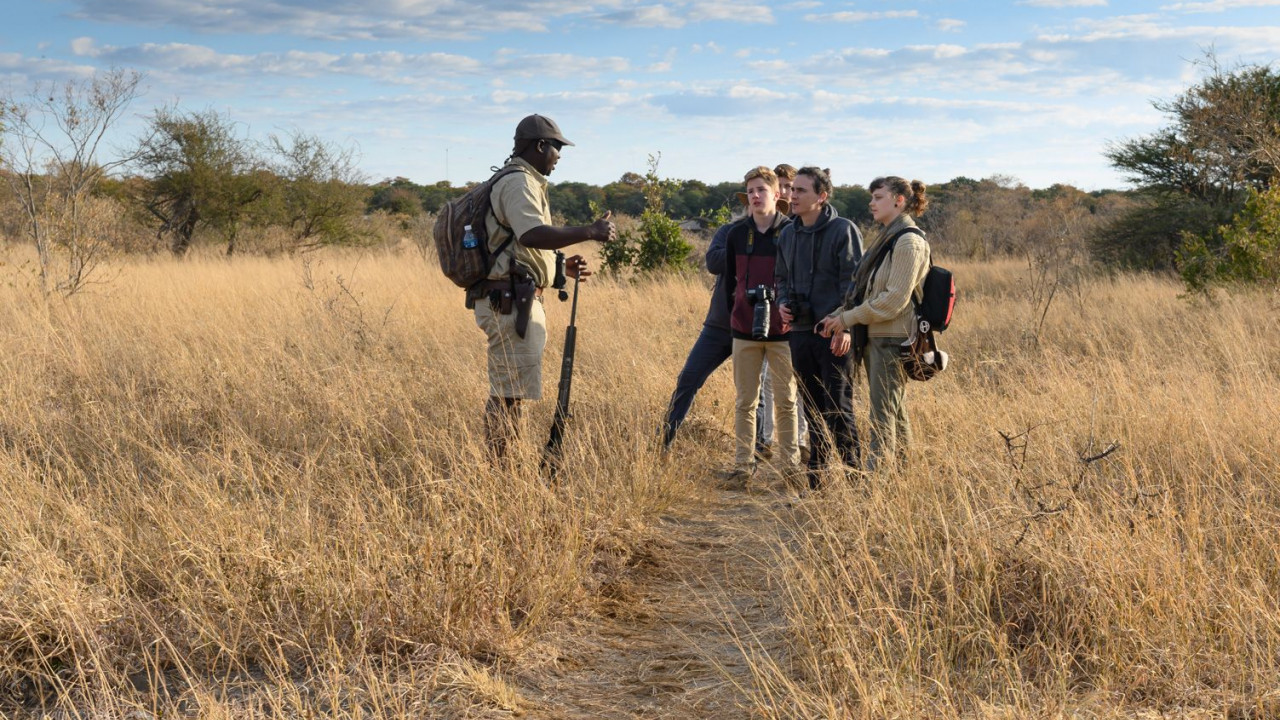
First and foremost, going on safari is all about viewing wild animals in their natural and, more often than not, stunningly beautiful habitat.
For anyone that’s been on safari before, you will know how exhilarating the experience is. If you haven’t but are planning to go, well, it really is unlike anything you'll have witnessed before.
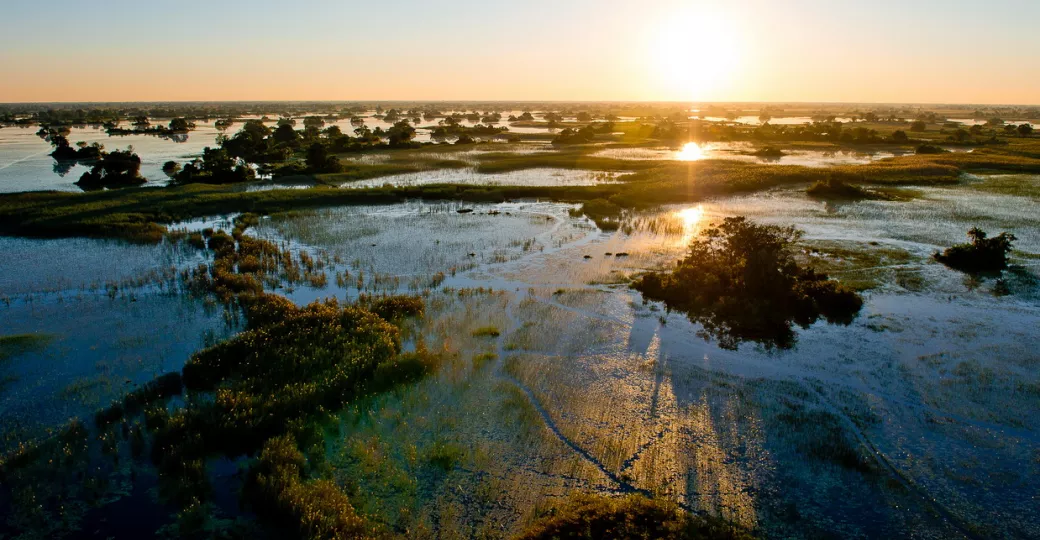
Views out over the Okavango Delta - Wilderness Safaris
Given that most safari holidays are only between 4 and 7 nights long, it’s vitally important to make sure you get as much from your time as physically possible.
Speaking from experience as a safari guide and someone who is lucky enough to have been on more safaris than I could possibly count, the number one absolute best way to make the most of your safari is, in fact, to do very little at all.
This may sound completely counterintuitive, but, by relaxing and letting nature take its course you're actually more likely to see and enjoy more than someone who puts pressure on themselves, or their guide, to find certain animals.
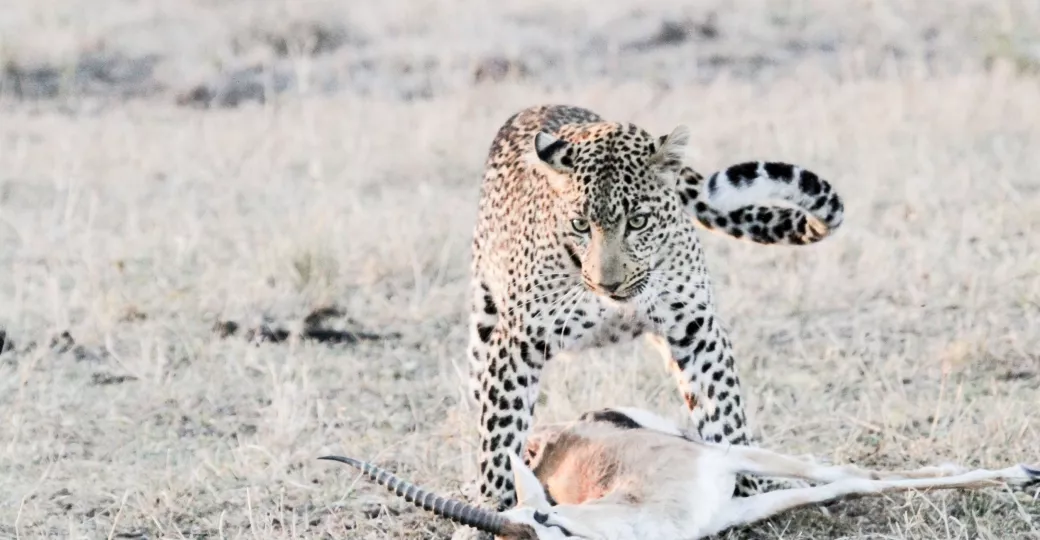
Leopard standing over its kill up a tree in Kenya's Masai Mara - Toby Pheasant
That being said, you should absolutely let your guide know if there's anything of particular interest that you would like to see. This really can be anything at all - from a certain type of tree to a rare animal, or even a natural event.
Even if the area you are in makes it hard or impossible to find your particular interest, at least your guide will know, and can do their very best to either find it for you, or share some interesting stories or references they may have.
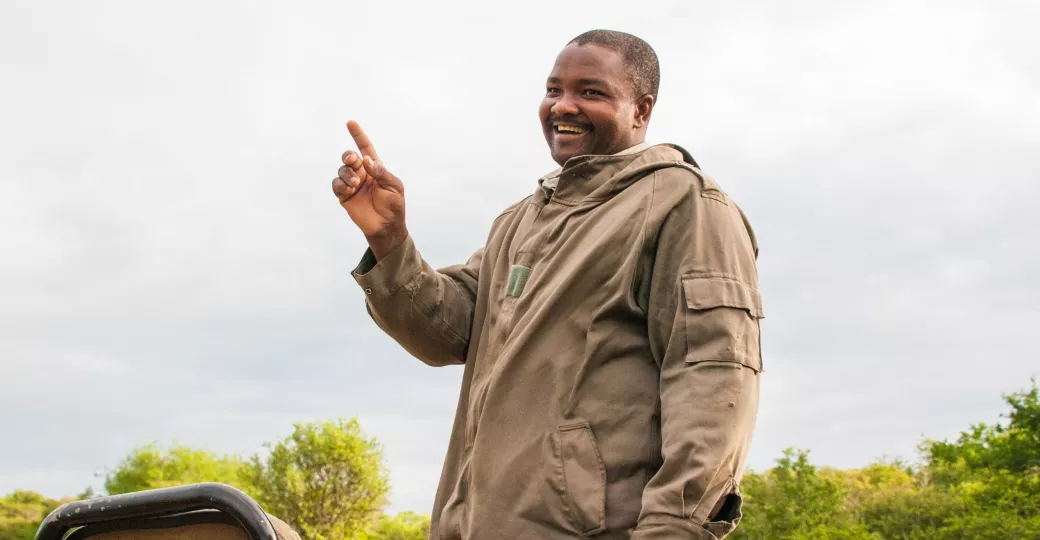
Tracker Tom Nsele sharing stories with his guests - Toby Pheasant
For example, if you love the idea of seeing a honey badger (which is actually quite a hard animal to find), you should absolutely let your guide know.
While watching a pride of lions dosing under a tree, your guide could share stories they may have witnessed about the ferocity of honey badgers and how they are known to stand up to and scare lions. Or, if you say you’d love to see a honey badger and that you also love birds.
If your guide hears a greater honeyguide, a bird that actually calls humans to help them gain access to beehives, your guide would be able to weave in a story about how a honey badgers skin is very loose on their bodies which helps them avoid being stung too often.
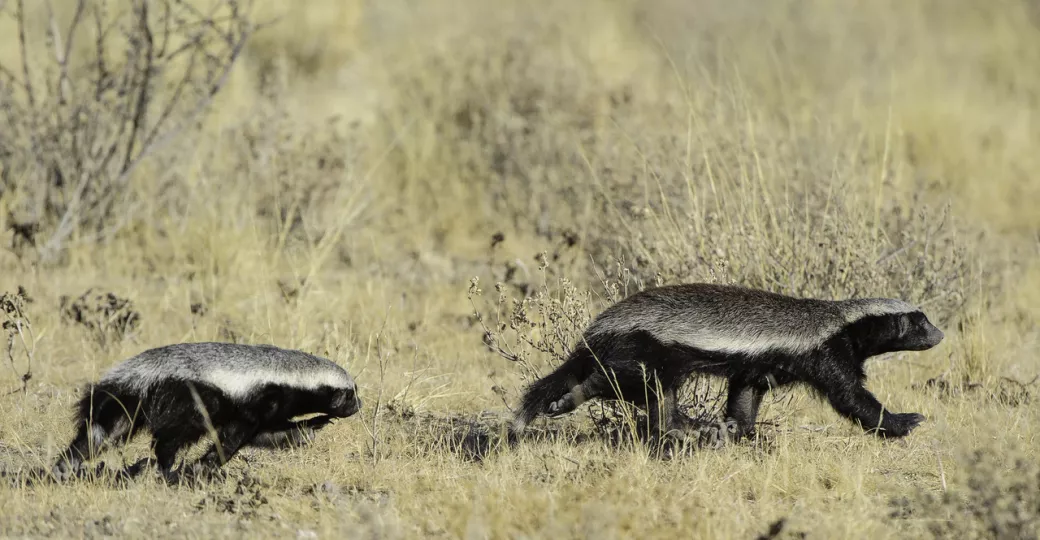
Honeybadgers in the Kalahari - Wilderness Safaris
The guide should, of course, always ask you what you are interested in, but sometimes they do forget. Which leads us on to our next top tip. Ask questions!
Ask as many questions as you can possibly think of - even if you think that they're pretty darn dumb. While guiding I was once asked by an Oxford Professor whether all hyena clans were ruled by lions (obviously referencing Disney’s Lion King). Now, while this doesn't quite sit in the top category of questions I’ve ever been asked, the subsequent discussion about how hyena clan hierarchy works, and how their relationships with lions normally play out was fantastic. It made for a phenomenal sighting of what would otherwise have been half an hour of watching a hyena sleep!
Ask, ask, ask, ask. Don’t be shy!
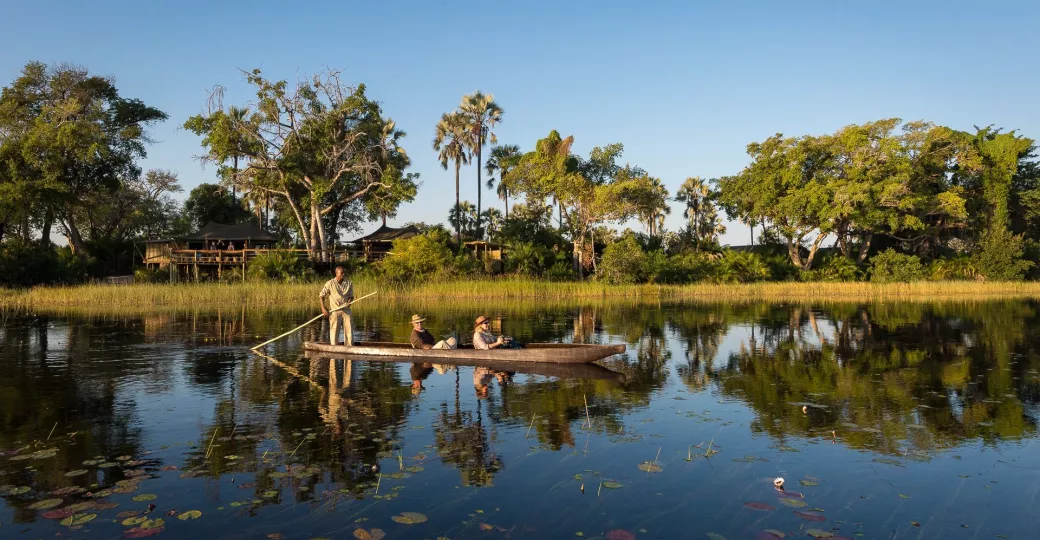
Mokoro excursion from Pelo Camp in the Okavango Delta
Finally, try and take things as slowly as possible. Instead of tearing around the bush, constantly in search of the next animal to tick off your list, spend as much time as physically possible where you are. That's when the best experiences are had, and you learn most about nature.
Most importantly though, just have fun, and don’t be afraid to have a good old laugh.
Have you been on safari before? What is your stand-out best memory of being in the bush? We'd love to know.

Toby Pheasant
Toby first visited Africa at the tender age of four when he accompanied his family on their first of several safari holidays. From that moment on Toby’s love affair with Africa’s nature and wildlif...
View profileNever miss a notebook entry with our newsletter

